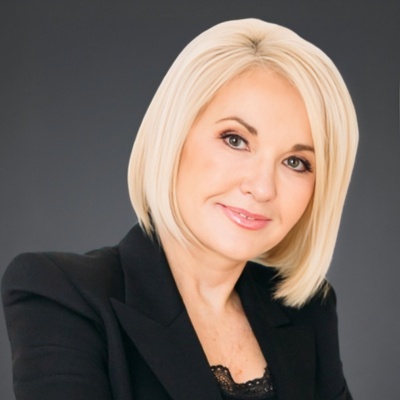
Nothing Sanders
Expert in supply chains, noted for her vision on sustainability and resilience. She inspires by bringing together technical analysis and human sensitivity, showing how responsible business generates positive impact.
Biography / Speaker Info
Nada Sanders is a prominent American professor, author and thought leader, recognized globally for her influential work in the field of supply chain management, artificial intelligence and the integration of technology in business. Her track record is a clear example of a career that fuses academic rigor with a deep understanding of business challenges, which has positioned her as one of the most respected voices in the debate on the future of work and business resilience.
Her professional career took off in the world of academia, where she earned a doctorate in operations and logistics management. Currently, she is a distinguished professor of supply chain management at Northeastern University's D'Amore-McKim School of Business. Over the years, Sanders has published more than 120 articles in academic journals and has been recognized as one of the leading experts in her field. Her work has focused on how companies can use technology to gain a competitive advantage and the importance of an agile and resilient supply chain.
One of Nada Sanders' main achievements is her ability to translate complex academic concepts into practical, actionable ideas for the business world. Her books, such as The Humachine: Humankind, Machines, and the Future of Enterprise, have become essential guides for leaders and professionals seeking to improve their performance. In his publications, Sanders explores how artificial intelligence and automation are transforming the world of work and how humans and machines can collaborate to create a more prosperous future.
In addition to her work as a teacher and author, Nada Sanders is a sought-after speaker at corporate and educational events around the world. Her talks focus on the future of the supply chain, the data economy and the importance of human-technology integration. Her legacy is measured by her ability to popularize the debate on how technology can solve the most pressing problems facing business and society.










